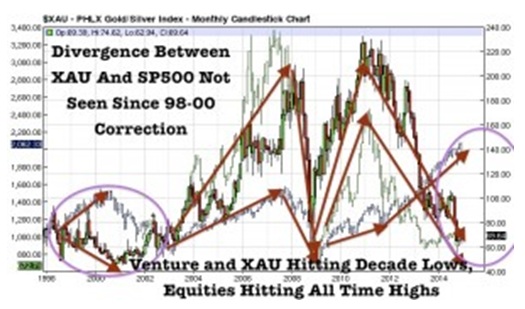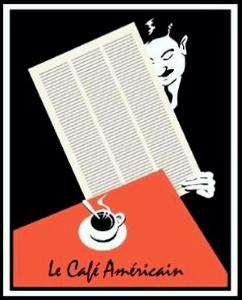 In the latest episode of Ask the Expert, by Sprott Money, Dr. Marc Faber was the invitee. Below are the answers from Marc Faber on 6 excellent questions from Sprott Money readers. Subscribe for future updates at SprottMoney.com.
In the latest episode of Ask the Expert, by Sprott Money, Dr. Marc Faber was the invitee. Below are the answers from Marc Faber on 6 excellent questions from Sprott Money readers. Subscribe for future updates at SprottMoney.com.
With the slowing world economy that has led to a slowdown in oil demand, what do you think is the long-term future of oil? Likewise, if oil prices rise again, would you recommend buying Russian oil stocks?
Marc Faber: Well, my view is that there are many explanations for the weakness in oil, including some theories that Saudi Arabia wanted to weaken Russia or the shale oil production in the US or Iran, and so forth. But my view is that the decline and sharp decline in oil prices signals a weakening global economy.
Now, in the last few days, I received many reports by brokerage firms and banks, and so forth. They all think that next year the economy in the world will be stronger than in 2014. This would not be my view. Reason A, the low yields on government bonds, that would seem to suggest to me that there are still some growth issues in the global economy, and the sharp fall in the industrial commodity prices would also suggest to me that the economy will be weaker than expected.
And I live in Asia. I can say that we’re not in a recession or in a deep recession, but there’s very little growth at the present time. In fact, I would argue that there’s hardly any growth at all. And as far as Russian oil stocks are concerned, and I think the oil price can rebound here short-term, but you might as well buy some oil drillers in the United States or oil servicing firms or oil companies. Why take a huge risk in Russian oil companies?
Currently, is it better for amateur individual investors to have some exposure to equities and bonds, or should they stay away from those markets altogether?
Marc Faber: My view is very simple. I have no clue, although I’m an investment advisor, how the world will look like in five years time. Now, maybe some forecaster knows, but I haven’t met them yet, and I’d like to meet them yet. The fact is simply, we don’t know much about the future. We even know little about the present and the past. And my advice to anyone investing is diversification. You have to own some equities. You own some gold. You own some cash and bonds, and you own some real estate. That is what you should do, because we don’t know.
This post was published at GoldSilverWorlds on December 22, 2014.
 Quote of the day from Financial Times’ Lex Column that sums it all up:
Quote of the day from Financial Times’ Lex Column that sums it all up:



















 Follow on Twitter
Follow on Twitter
Recent Comments